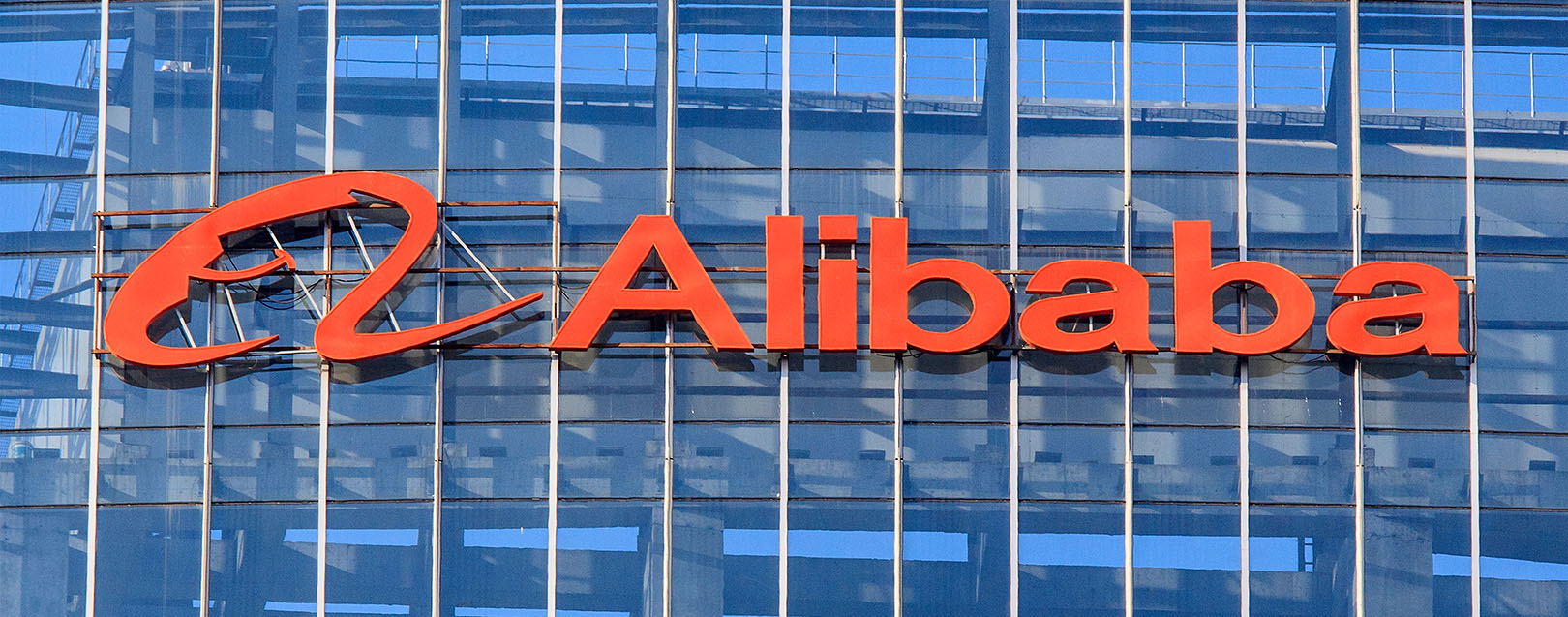
Alibaba to create a million jobs in the US after Jack Ma's meet with Trump
The Dollar Business Bureau
In the midst of a flood of negativity between the US and China comes a moment of détente as Chinese e-commerce platform Alibaba seeks to expand in the US. The plan is to create a million jobs in the US by bringing small businesses, especially in the Midwest America, on Alibaba's online platform.
Jack Ma, the executive chairman of Alibaba, had a meeting with America's new President elect Donald Trump on Jan 9 2017, in New York. Post their meet, both the parties expressed great satisfaction and praised each other explicitly. While Trump lauded Jack Ma as a 'great entrepreneur', Jack Ma said he thought Trump was very 'smart and open-minded'.
Affirming his belief in a strong relationship between the two countries, Jack Ma said that the doors were always open for discussion of trade issues. Welcoming the employment creation opportunity, Trump said, "Jack and I are going to do some great things."
This new partnership presents a great opportunity for small American concerns (majorly agricultural and clothing – garments, wine, fruits) to enter Southeast Asian markets, where Alibaba has a good hold.
The move comes at a time where Alibaba owns 80% of market share in China's e-commerce industry. Formidably successful back home, Alibaba has off-late invested in e-commerce startups all over Southeast Asia. Snapdeal and Paytm are examples from India. With this new deal, Alibaba has successfully put yet another feather in its cap, making its global presence increasingly strong.
Operating an online open market, Alibaba provides a platform for buyers and sellers to come together. Unlike Amazon, it doesn't source or stock inventory in warehouses, making the model much easier to expand into foreign markets. Since it doesn't take commission from sellers, its revenues come from the sellers who would pay to make themselves more visible on the website.
The new agreement reached upon by US and Alibaba appears equally beneficial for both parties in terms of job creation/trade benefits for America and increased global presence for Alibaba. Going forward, more such trade-related collaborations between the two countries may lead to less-stressful US-China relations and evasion of the 45% import tariff on China that Trump threatens to impose.






 to success.
to success.